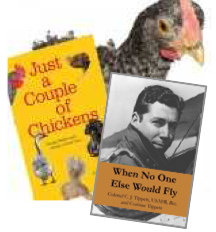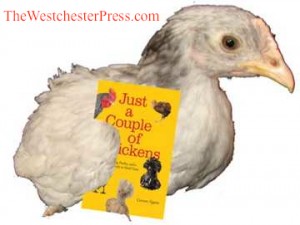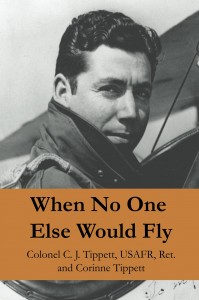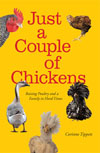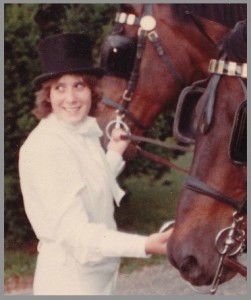
This was the summer I spent at Llangollen Farm with my grandfather, Colonel C. J. Tippett and Liz Whitney Tippett. These were her prize-winning carriage horses. They were biters.
Congratulations to American Pharoah, winning the Triple Crown for the first time in decades! I’ve been watching the Belmont Stakes for so many years in a row in the hopes of seeing a Triple Crown winner, and today is the day.
Col. C. J. Tippett and Liz Whitney Tippett were all about racing. Liz was a racehorse owner, with high profile horses in the USA and Australia, including “Igloo” in the 1970’s. She bred, trained, and raced horses from her own stable at Llangollen, Virginia, under her own colors – the purple and fuchsia.
As I wrote the biography of Colonel C. J. Tippett, “When No One Else Would Fly”, I was immersed in Liz’s world as well. Her story blends with Tip’s near the end of the book as he left civil aviation and entered joined Liz in the business of thoroughbred racing.
And I went with him – visiting him at the farms and ranches in California and Virginia and spending part of a summer at Llangollen. I joined Liz and Tip at the racecourse and picked a winner. I sat in on an after-dinner foal naming session and contributed a name. I rode as groom with the carriage team to a lawn party and held the bridles as the team snacked on my knuckles.
One day, I’ll write Liz’s story. It is a story of thoroughbred racing history just as Tip’s is a story of aviation history.
Col. C. J. Tippett and Liz Whitney Tippett would have loved the 2015 Belmont stakes and the winning of the Triple Crown for the first time since their own heyday in the racing world.
Email me at talktotheauthor@thewestchesterpress.com with “Liz Book” in the subject, to be added to my Liz book update list.

